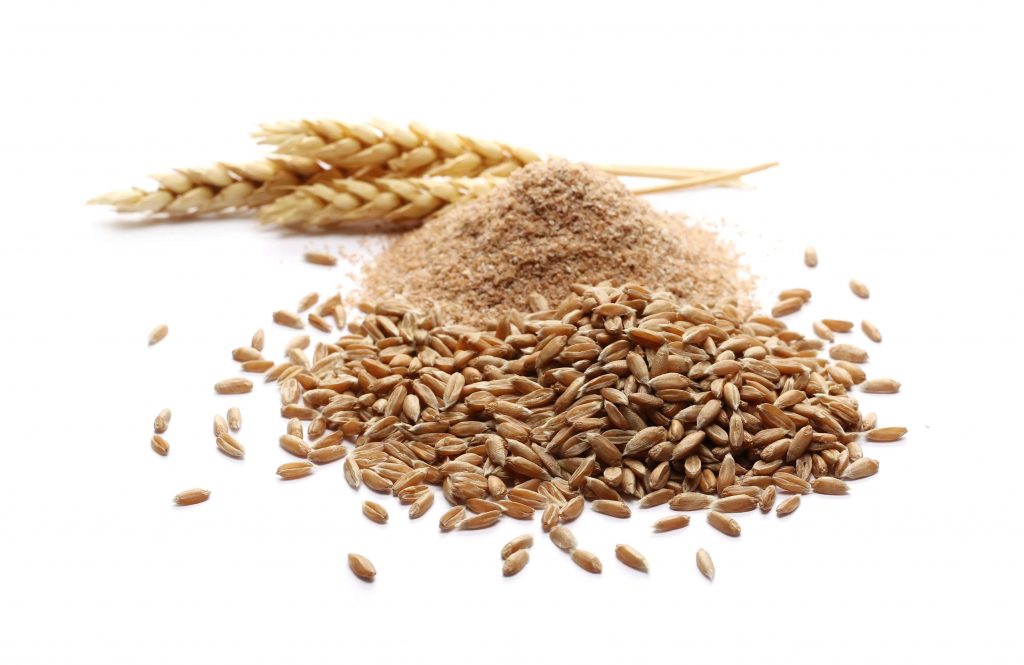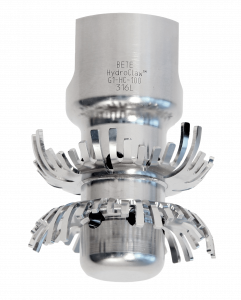Overview
Clogging from Recirculated Water
A large brewery was experiencing ongoing issues with clogging spray balls in their lauter / mash tun. The spent grains and husks caught in the recirculated cleaning fluids continuously plugged the spray ball’s orifices.
Clogging causes the spray performance of the spray balls to be ineffective for cleaning. Similar issues occur in rotational spray nozzles, spray devices, and tank cleaning machines containing gears where particulates can cause the nozzle to seize.

The BETE HydroClaw®
The HydroClaw stationary tank cleaning nozzle contains no moving parts and is clog-resistant. For applications where particulates and other substances are present in the recirculation process, the HydroClaw offers the perfect tank washing solution.


ADVANTAGES OF THE BETE HYDROCLAW®
- Nozzle designed to let particulates and sediment flow through with no clogging
- Clog resistance and low maintenance = reduced downtime and more economical water usage
- 316L stainless steel construction means it is perfect for Clean-In-Place (CIP) and food-grade applications
- Complete 360° coverage
CHALLENGES WITH OTHER TANK WASHING NOZZLES
- Small holes and moving parts lead to clogging
- Nozzle blockage leads to unclean tanks, and more maintenance downtime becomes costly
- The expense of high-water consumption from extra wash cycles and the inability to use recycled water effectively
RESULTS
The HydroClaw tank washing nozzle replaced the existing spray ball in the lauter tun. After one month of testing, the spent grains and husks were no longer a clogging issue. As a result, the brewery swapped all six of their other spray balls with the impressive HydroClaw.
The reliable cleaning action of the HydroClaw reduced wash cycle times in each tank. Due to reduced water and solvent consumption, the brewery experienced overall cost savings and a quick return on their investment.





